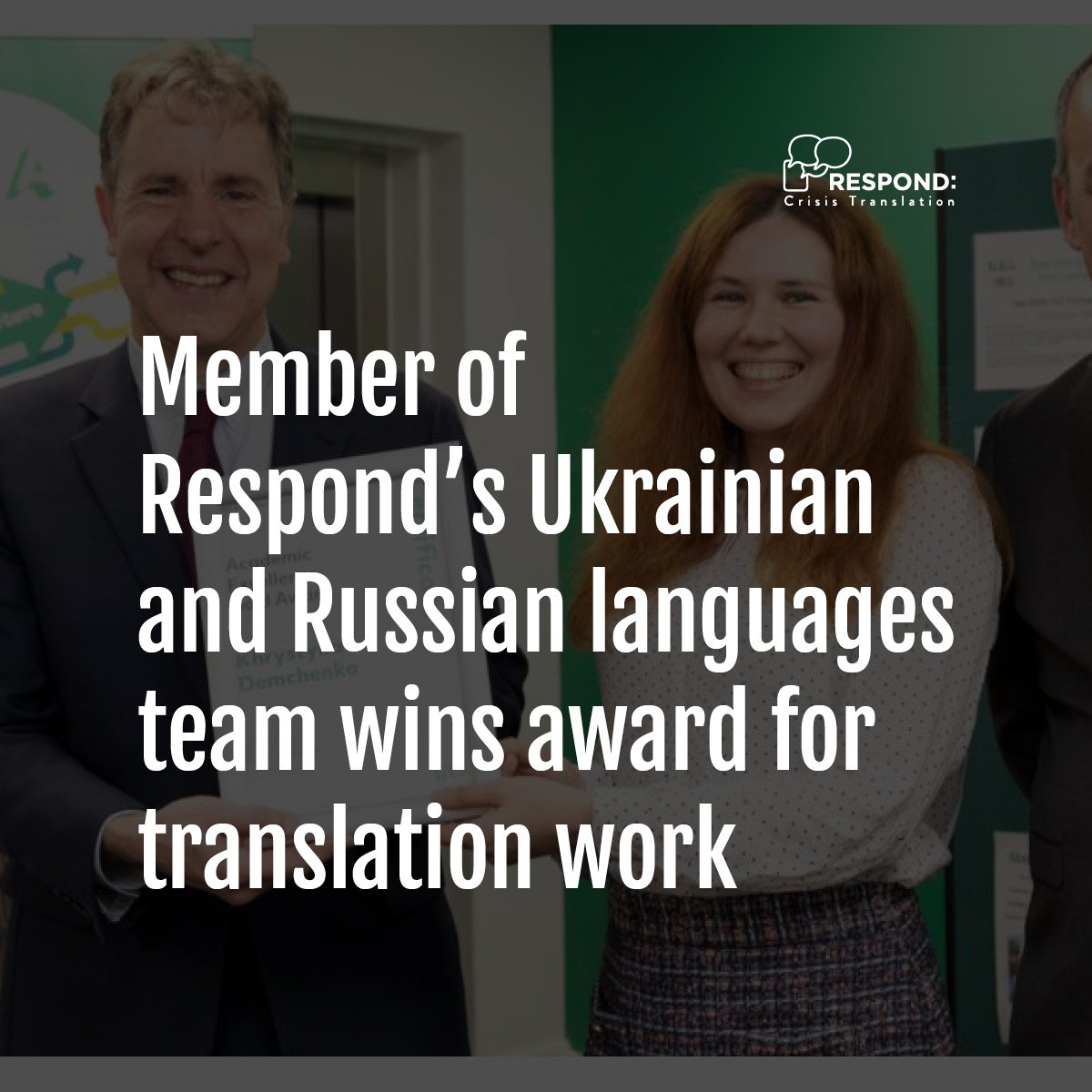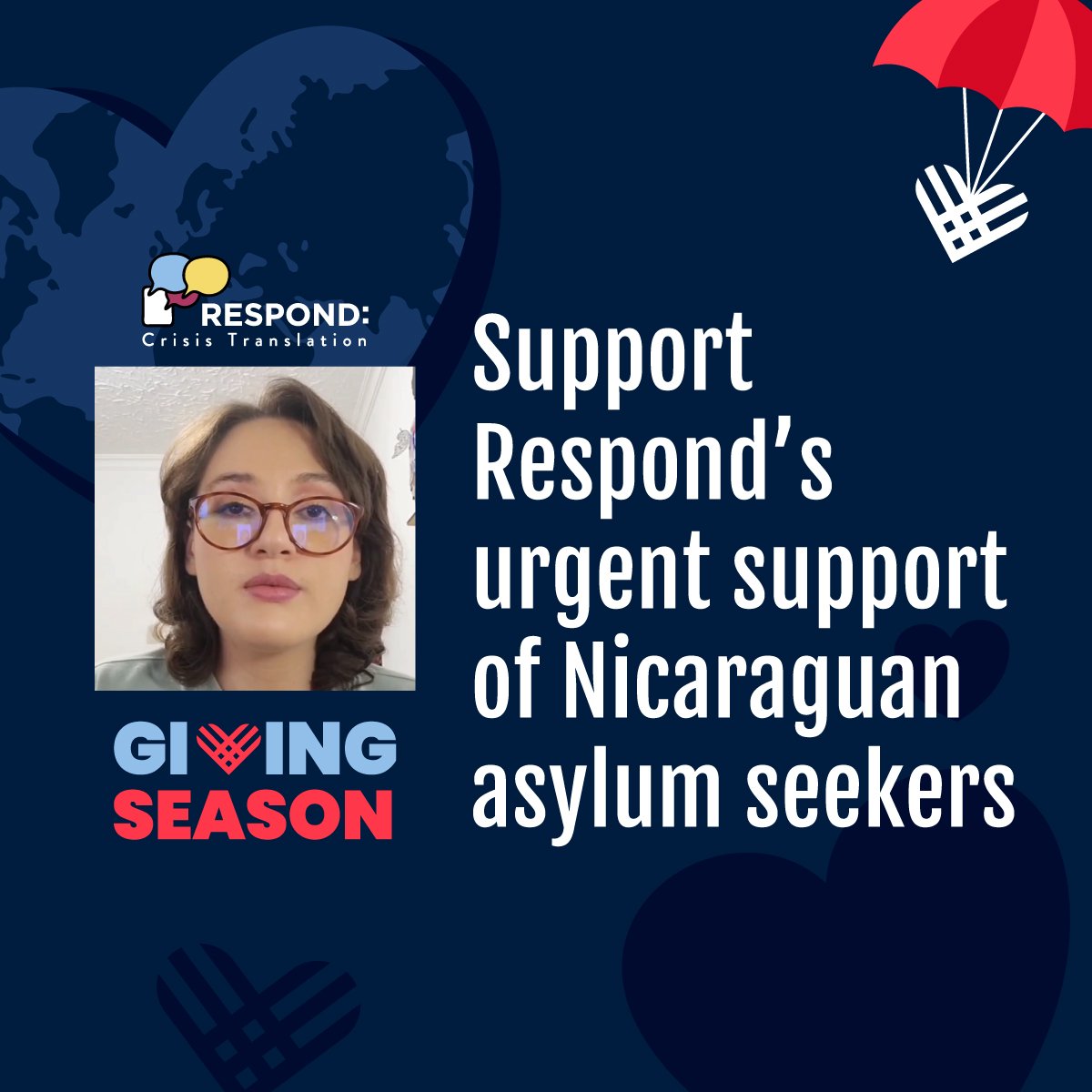Respond Blog
Anti-kurdische Sprachgewalt in Schulen
von Raman Salah
Obwohl sprachliche Gewalt in vielen Bereichen vorkommt, von Katastrophenhilfe über humanitäre Hilfe bis hin zu rechtlicher, medizinischer und psychologischer Unterstützung, ist das Schulsystem einer der heimtückischsten und generationenübergreifend bedeutsamsten Schauplätze institutionalisierter sprachlicher Gewalt.
Der Kampf um das Überleben der kurdischen Sprache
von Raman Salah
„Ich kann meine Sprache vor dem Vergessen bewahren, indem ich lese und schreibe und mit meinen Freund*innen und meiner Familie in meiner Muttersprache kommuniziere.“ - Tavge*, eine Lehrerin, Übersetzerin und Kurmandschi-Sprecherin aus Rojav
Announcing “One year since the quake: Linguicide and resilience of the Kurdish language”
February 6 marks the one-year anniversary of the Turkey-Syria earthquake that killed more than 59,000 people, one of the region’s largest natural disasters in history.
The earthquake disproportionately devastated Kurdish areas; meanwhile, disaster response was discriminatory toward ethnic minorities, especially Kurds.
The role of anti-Kurdish language violence in the devastation of the 2023 earthquake
By Raman Salah
One effect of linguicide – the calculated destruction of a language – is that during times of disaster and emergency, government response and relief measures like critical information and outreach are not accessible in a language that many of the people most affected by the crisis can understand.
Histories and geographies of Kurdish suppression
By Leila Lorenzo, Raman Salah
The Kurdish language is the 40th most spoken language among the world’s 7,000 languages.
Kurdish speakers are dispersed across borders, leading to diverse linguistic environments shaped by different state policies. There are an estimated 35 million Kurdish speakers representing linguistic minorities spread across five different countries …
Kurdish language as Kurdish identity
By Raman Salah
Kurdish language is part and parcel of Kurdish identity, for many of the people with whom Respond spoke.
“As we say in Kurdish… our language is our identity.” – Gordyaen Jermayi (emphasis added)
Memories of anti-Kurdish discrimination and forced assimilation
By Raman Salah
“This language is my language. As someone whose language has been restricted, banned, prohibited, and many people went to jail and got punished for speaking or writing in, for publishing in it – yeah, definitely, I feel a personal connection to the concept of language violence.” – Berivan*, Sorani speaker in Bashur
Anti-Kurdish language violence in schools
By Raman Salah
While language violence occurs in many contexts, from disaster relief and humanitarian aid to legal, medical, and psychological support, one of the most insidious and intergenerationally significant sites of institutional language violence is the school system.
The fight for Kurdish language survival
By Raman Salah
“I can protect my language from being forgotten by reading and writing, communicating with friends and family in my mother tongue.” Tavge*, a teacher, translator, and Kurmanji speaker from Rojava
Kurdish people in their daily lives and in their relationship with their stories, communities, and dialect, are at the forefront of the fight for language justice across Kurdistan.
We are looking for a Social Media Volunteer
Respond Crisis Translation is a collective of language activists providing compassionate, effective, and trauma-informed interpretation and translation services for migrants, refugees, and anyone experiencing language barriers. We are looking for an enthusiastic volunteer that can help our team define and implement a strategy for our social media channels.
LEGAL WINS! Respond clients receive protection
At Respond Crisis Translation, every win is hard-fought. Working at the frontlines of suffering, injustice, and violence worldwide, we cherish every success and piece of good news we receive about the clients we serve.
Here are two recent success stories that testify to the life-changing impact Respond's work has for these clients.
Respond’s language rights interventions in Futurism and PRX Radio Station
IN CASE YOU MISSED IT: Respond Crisis Translation’s unmasking of the dangers and ills of unsupervised reliance on AI and machine translation tools in the U.S. asylum and immigration context was featured in Futurism’s The Byte and on The World from PRX’s Things That Go Boom podcast.
We are looking for a Development Director
Respond Crisis Translation is looking for a committed and enthusiastic Development Director who is passionate about language access. The Development Director will plan and implement a development and fundraising program to provide for the short- and long-term needs of the organization.
Respond covered in Bloomberg, Reuters, PBS, Al Jazeera, Teen Vogue: Raising awareness about language rights in 2023
While working tirelessly around the clock to provide life-saving translation and interpretation on the front lines of crises across the globe, Respond has also driven coverage on issues of language justice throughout 2023.
Respond in Bloomberg: “The Nonprofit at the Border That Translates 170 Languages”
Bloomberg Businessweek describes how Respond has become a primary lifeline for many migrants and advocates at the U.S.-Mexico border, especially as private companies contracted by the U.S. government fail to provide adequate translators and interpreters.
Help empower our Afghan translators as lifelines to justice
Respond’s Afghan language interpreters and translators have become a lifeline for refugees and asylum seekers.
Over the past four months, Respond’s Afghan Languages Team Lead Uma Mirkhail and her team have taken on nearly 300 individual projects, offering their trauma-informed services to over 7,508 Afghans seeking asylum in…
Member of Respond’s Ukrainian and Russian languages team wins award for translation work
Khrystyna Demchenko, a member of our incredible Ukrainian and Russian languages, received the Workers' Educational Association (WEA) Academic Excellence Award for her translation work helping Ukrainian refugees. Khrystyna herself is a refugee of the war, having fled to the United Kingdom from Kyiv after …
Respond in Al Jazeera: Intervention leads BBC News to correct egregious mistranslation
On Saturday, November 25, a clip posted by BBC News showed a released Palestinian prisoner describing horrific abuses inside an Israeli prison. She said, in Arabic, that Israel held them in the cold without electricity, "sprayed us with pepper spray" and “left us to die." …
Support Respond’s urgent support of Nicaraguan asylum seekers
Over seventy thousand Nicaraguans have been forced into exile over the past 5 years. Their stories are stories of resilience and survival, but their journey is far from over. This year alone, 222 political prisoners subjected to torture and imprisonment had their passports revoked, making them stateless and in desperate need of asylum.
Support Respond Crisis Translation this Giving Season!
A message from Respond’s founder Ariel Koren: “On behalf of the Respond Crisis Translation team, I wanted to say a huge THANK YOU for your ongoing support of our work at Respond. I also wanted to take this opportunity to give you a brief update about our work over the past year, so much of which was made possible by the support of our generous donors and supporters…”


















